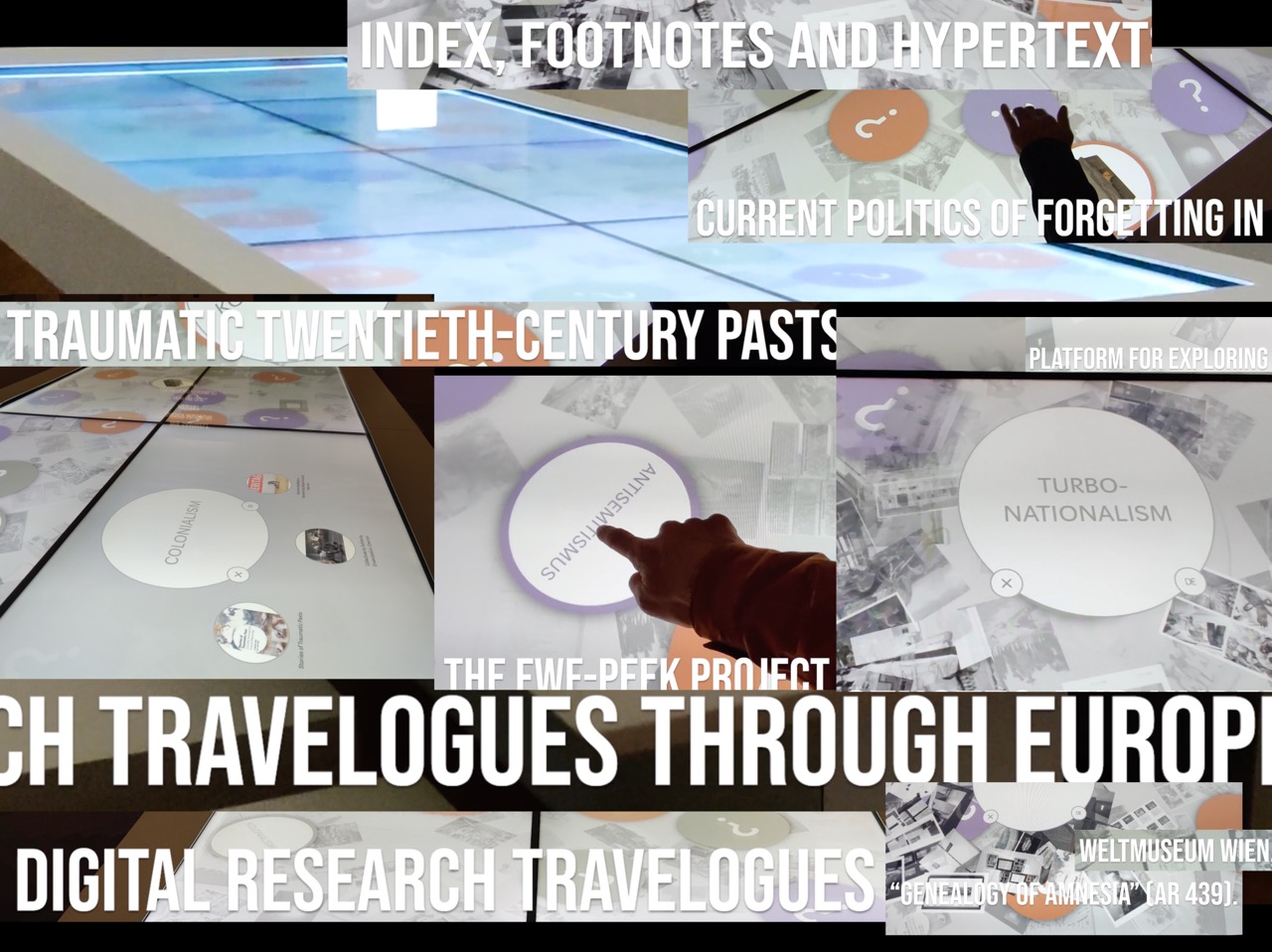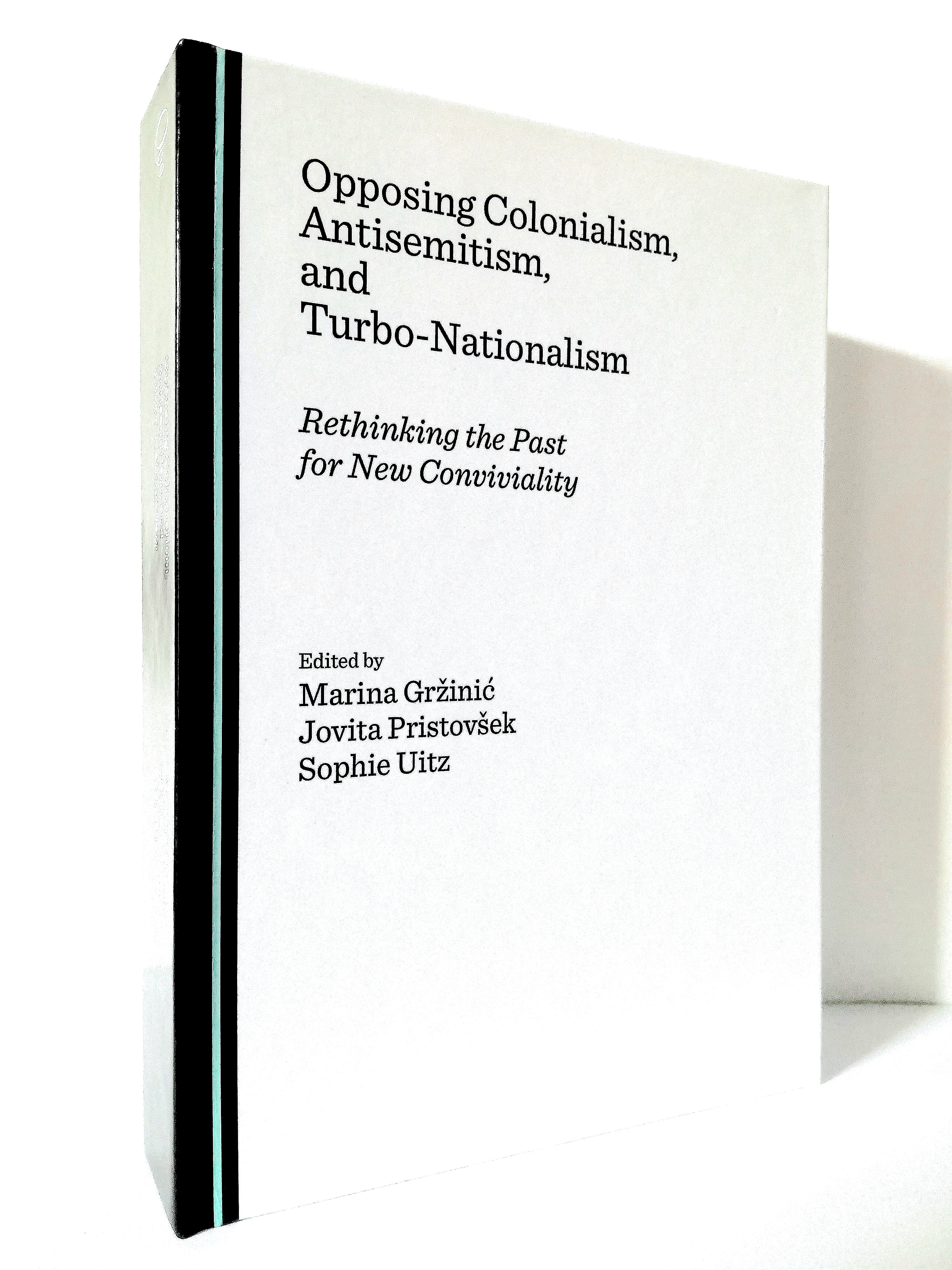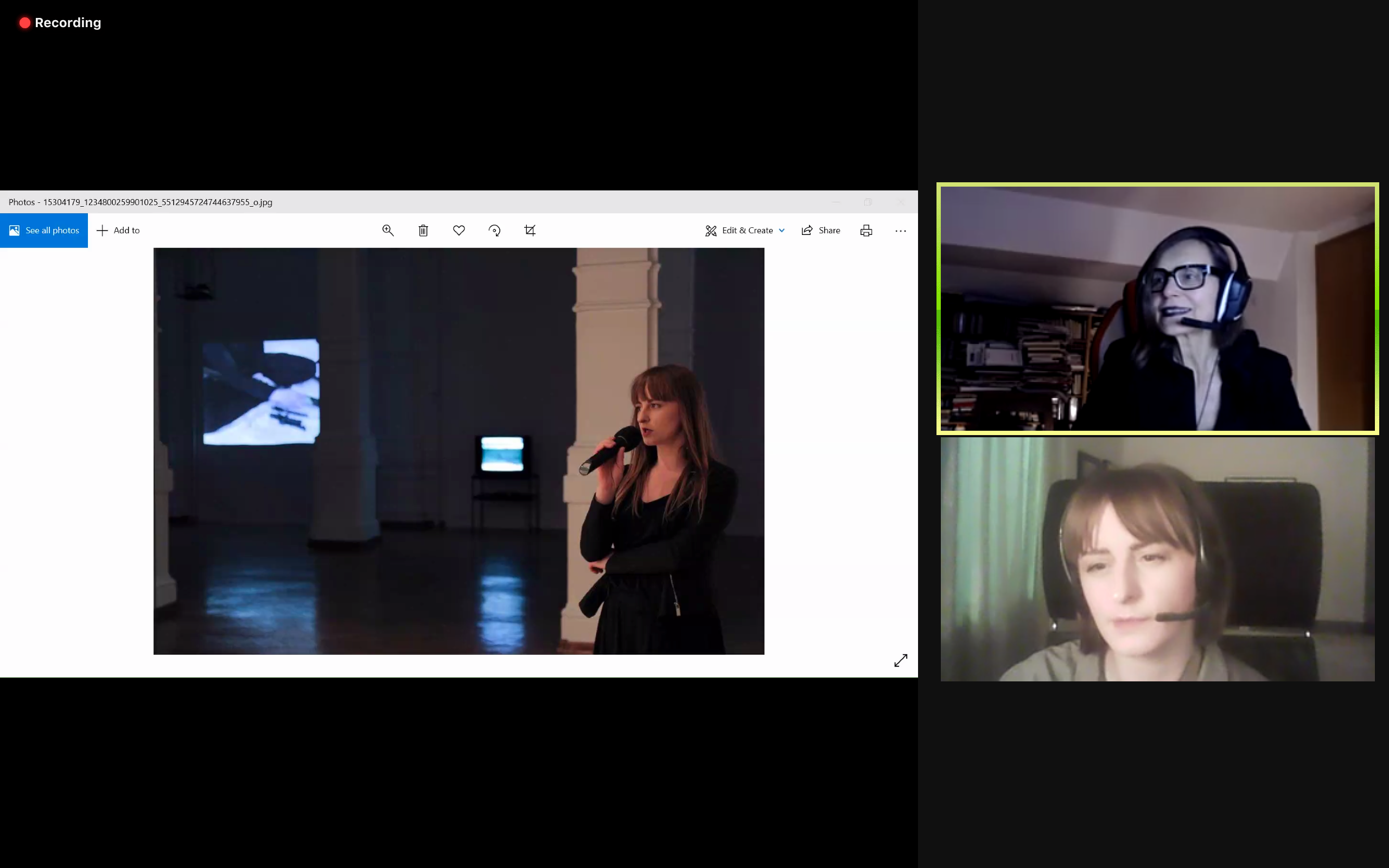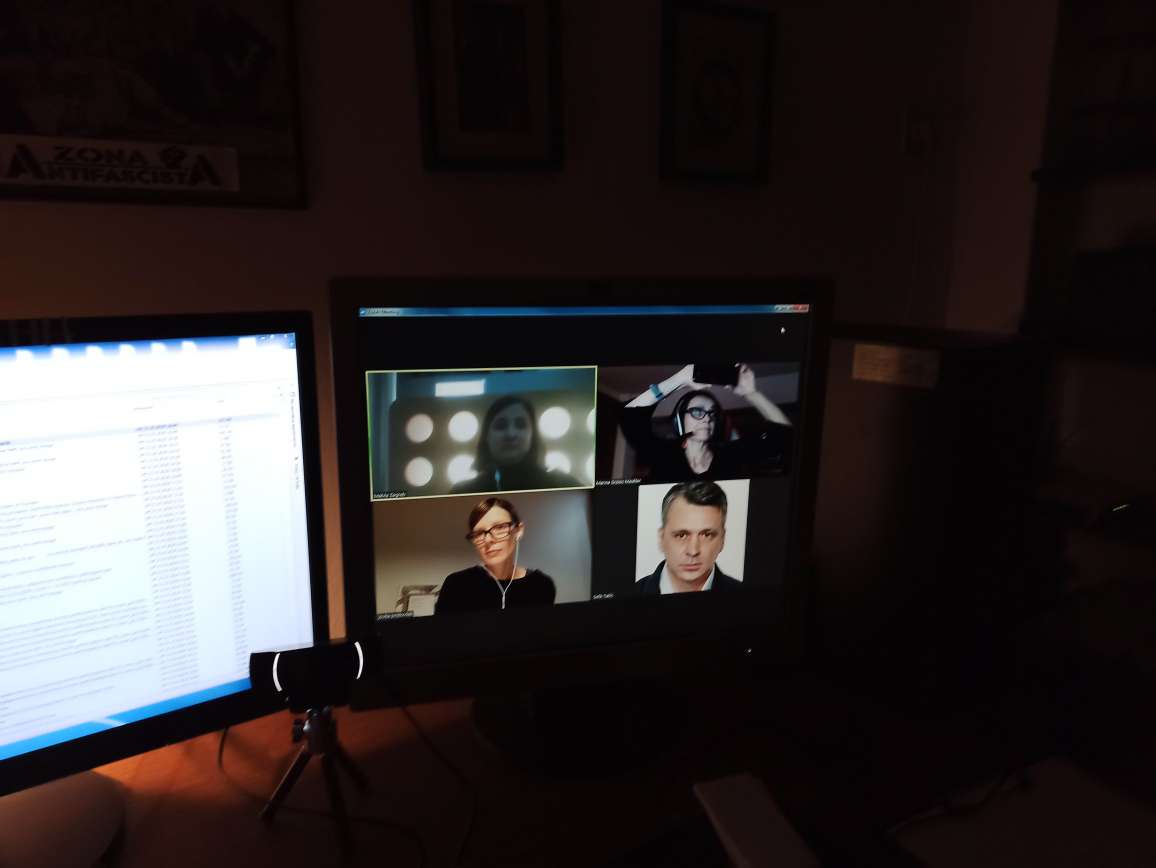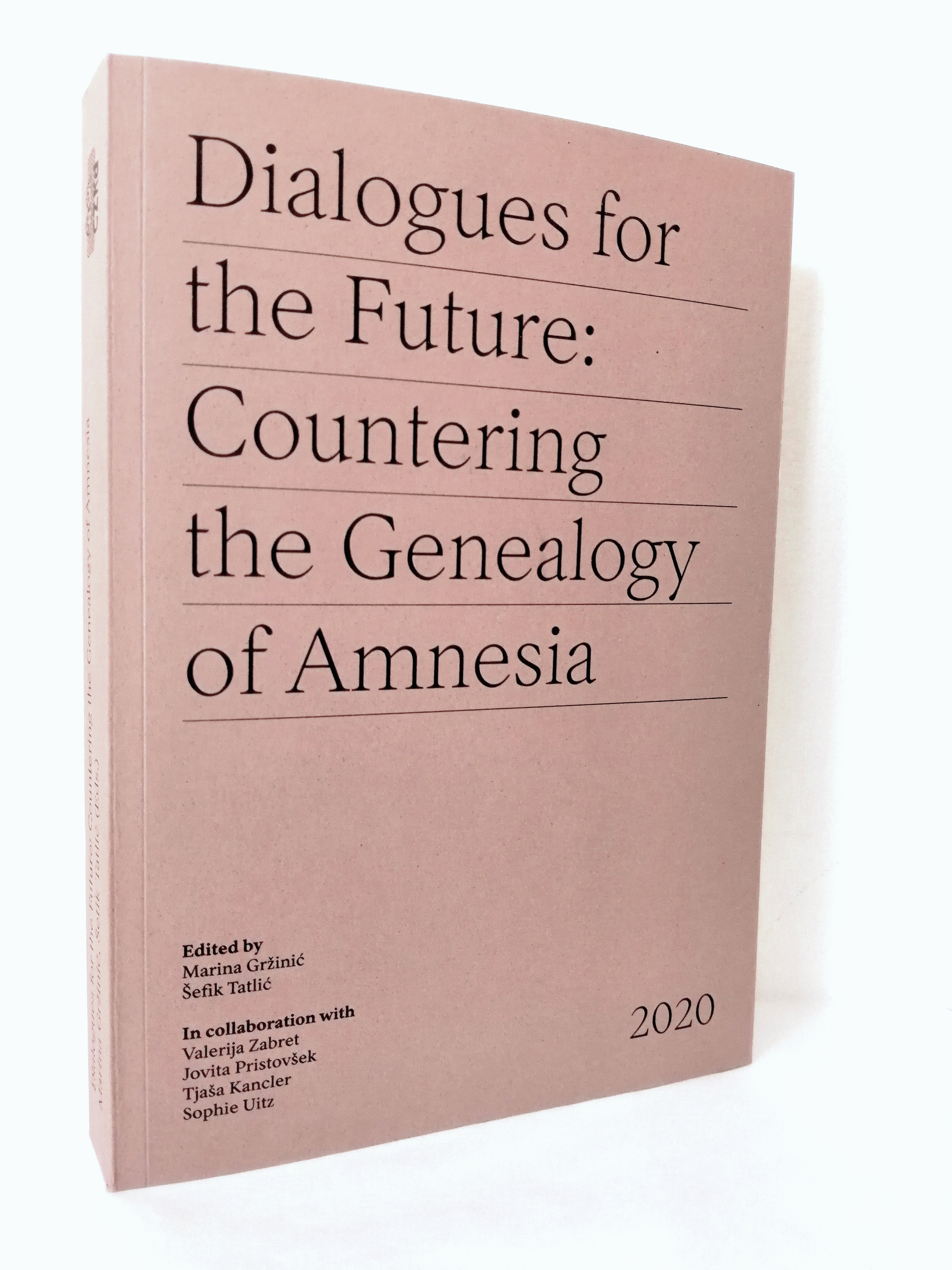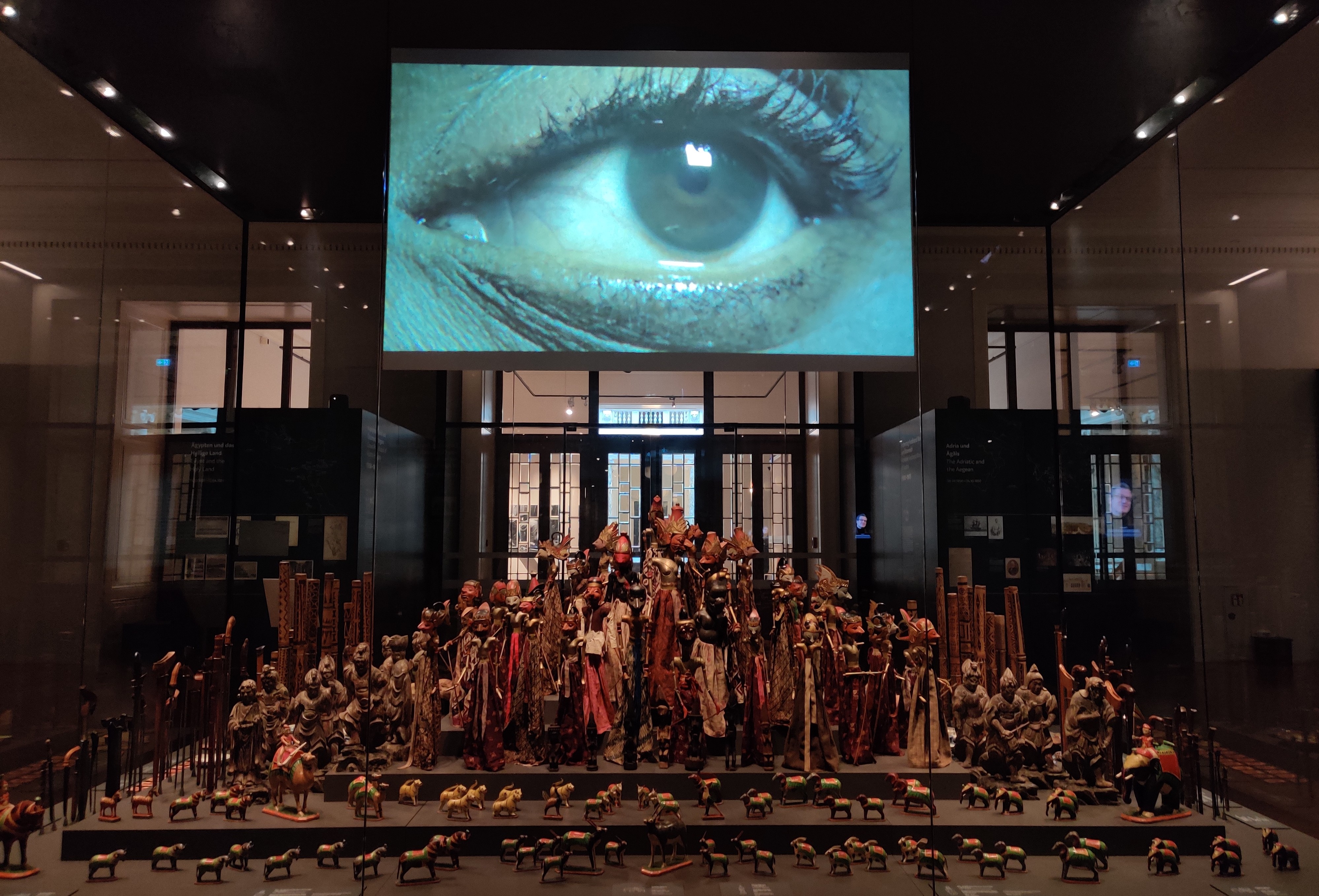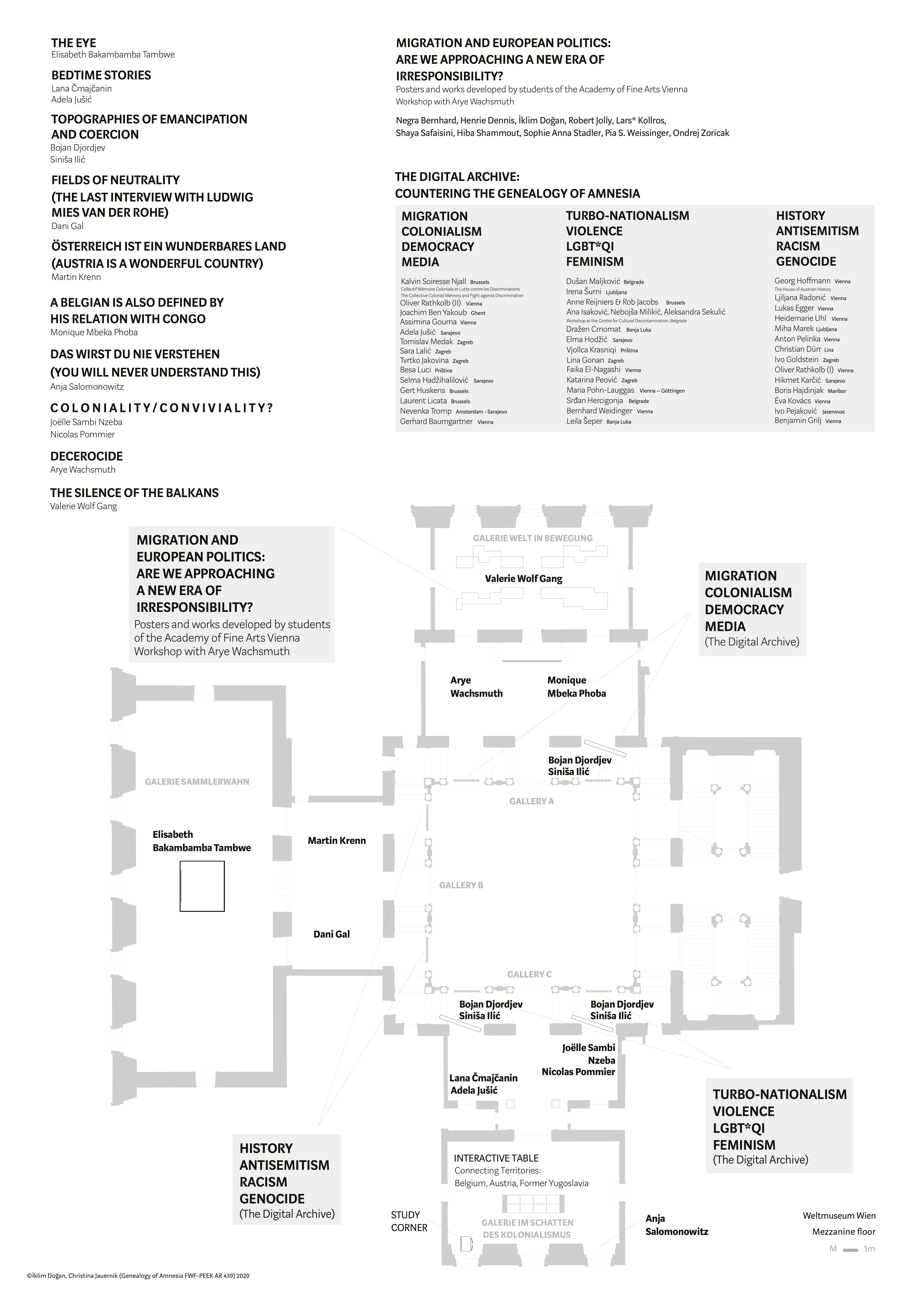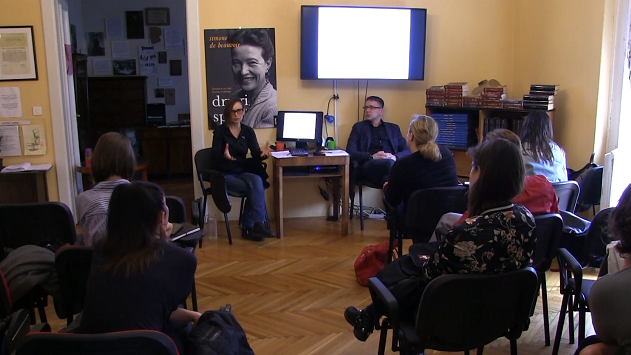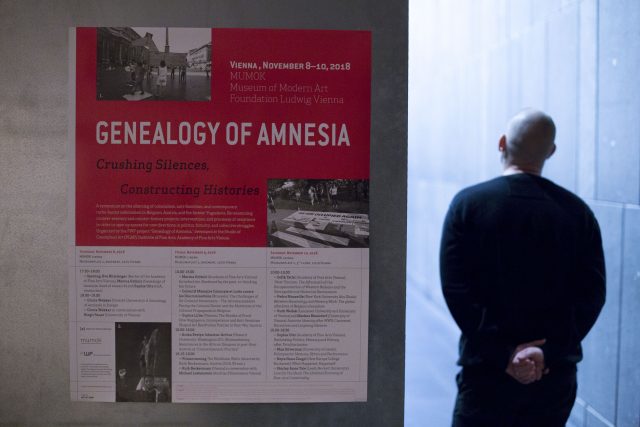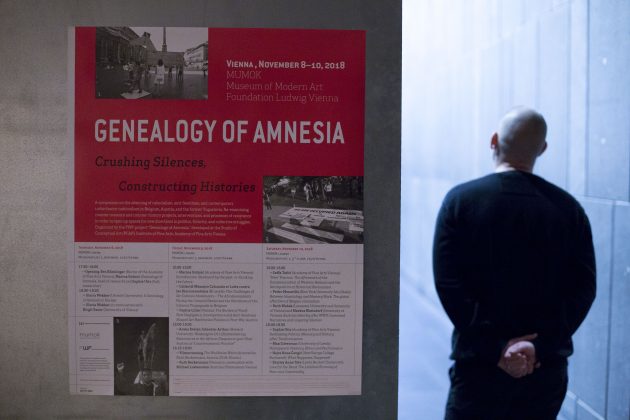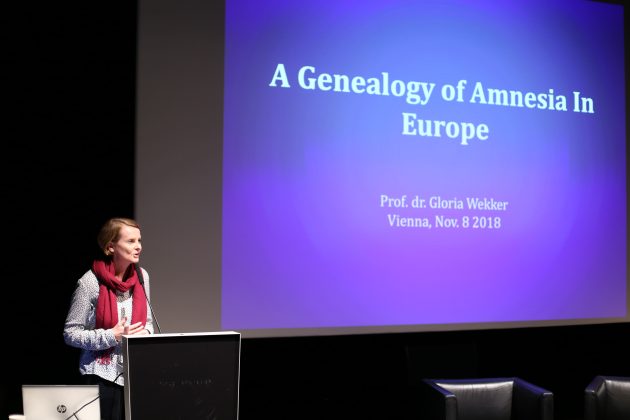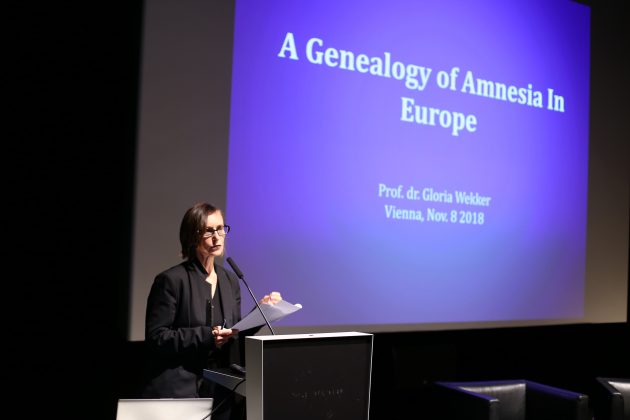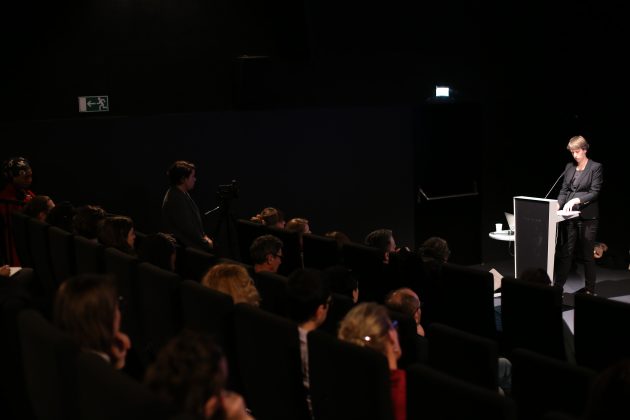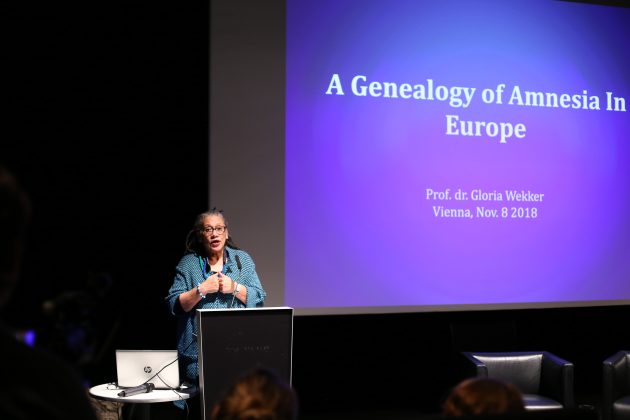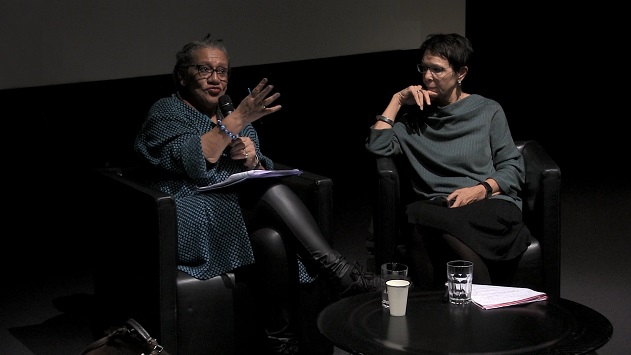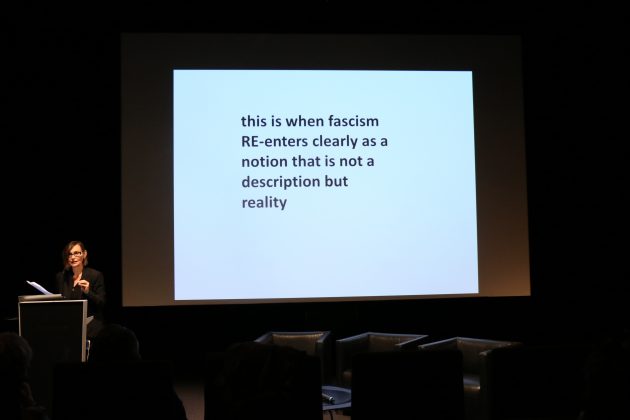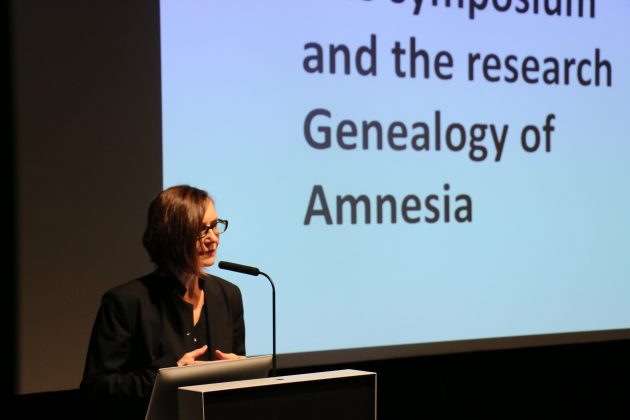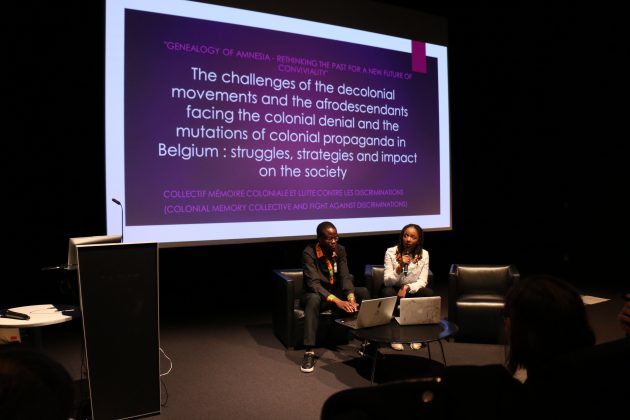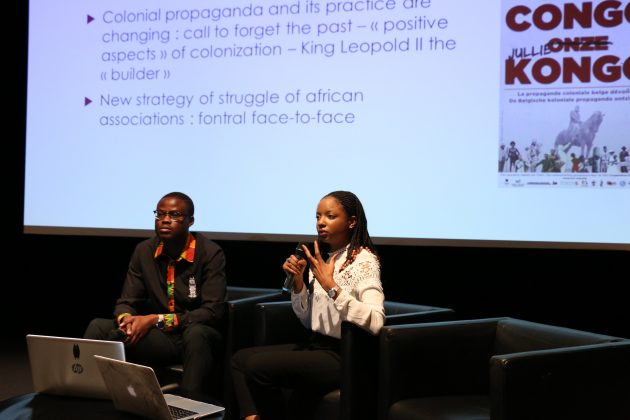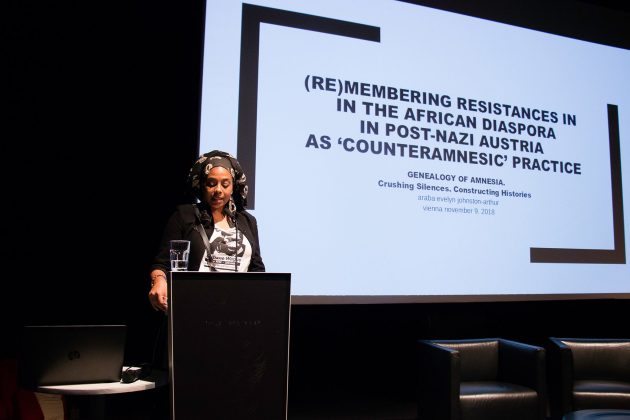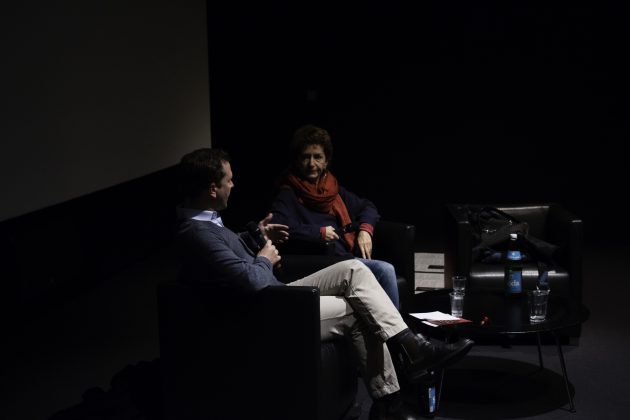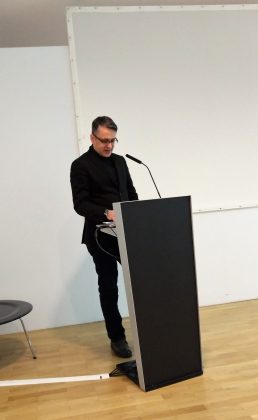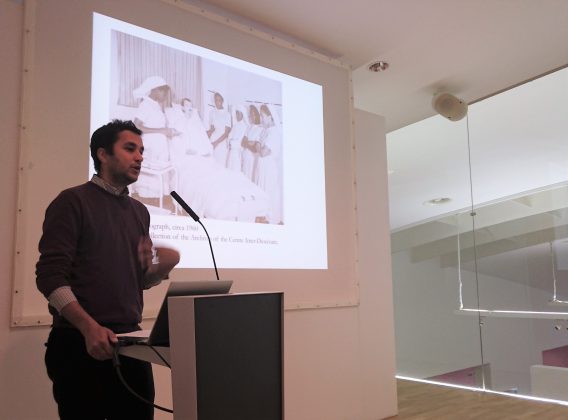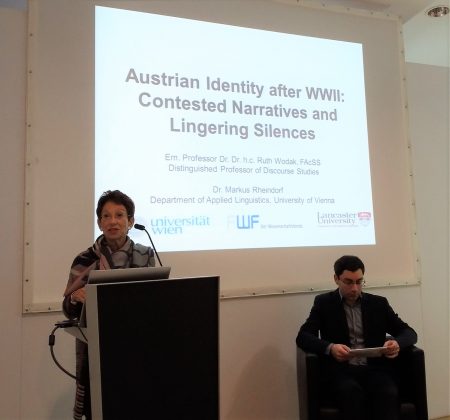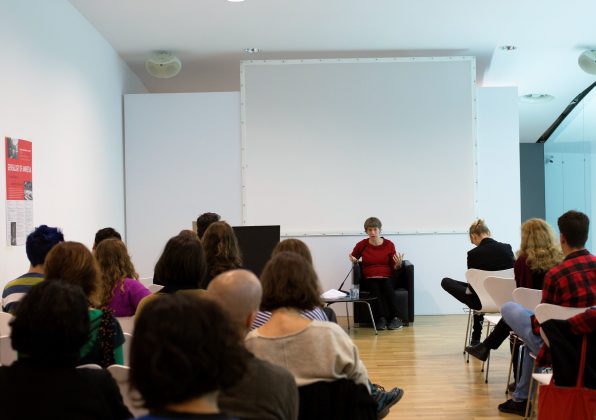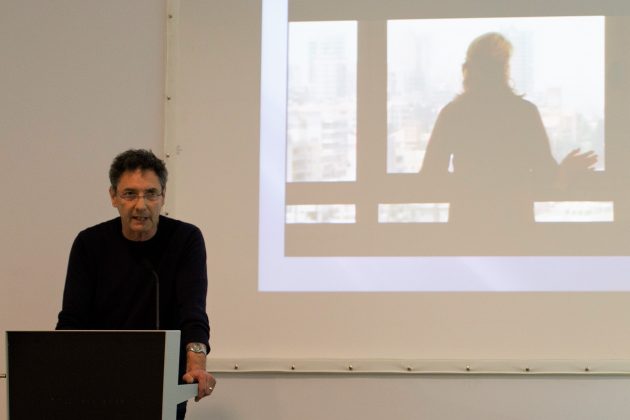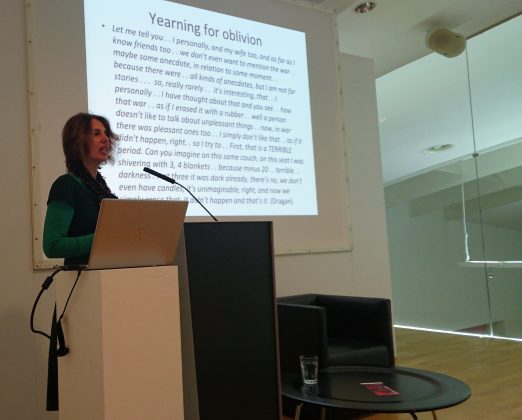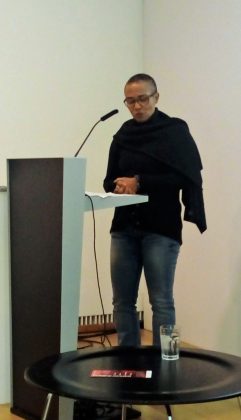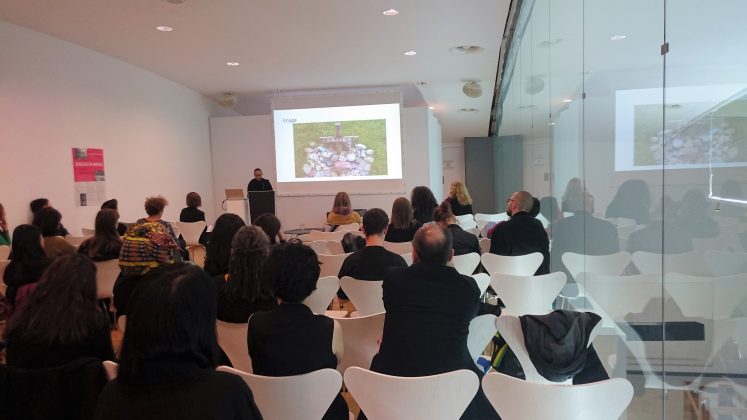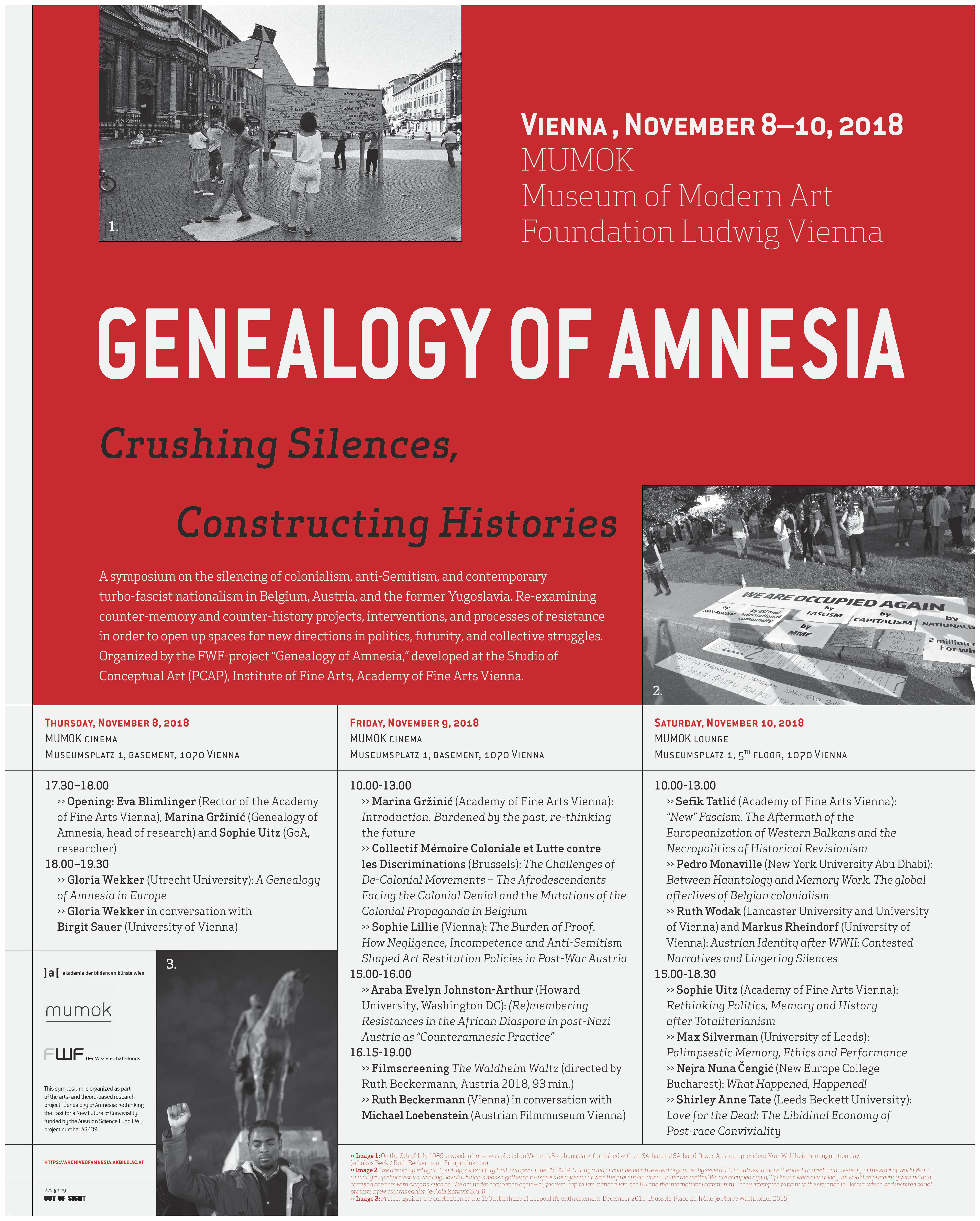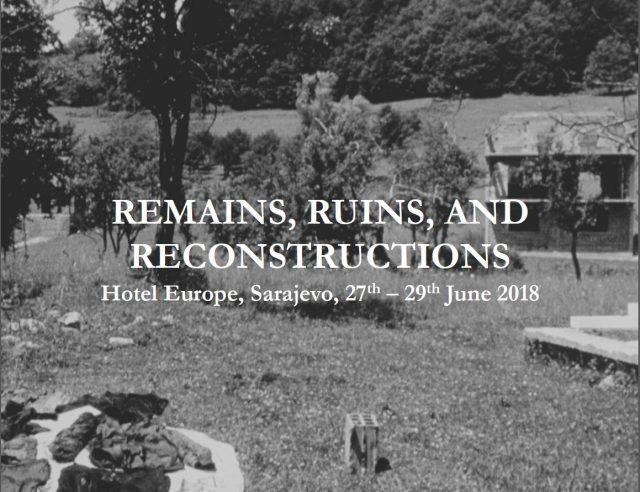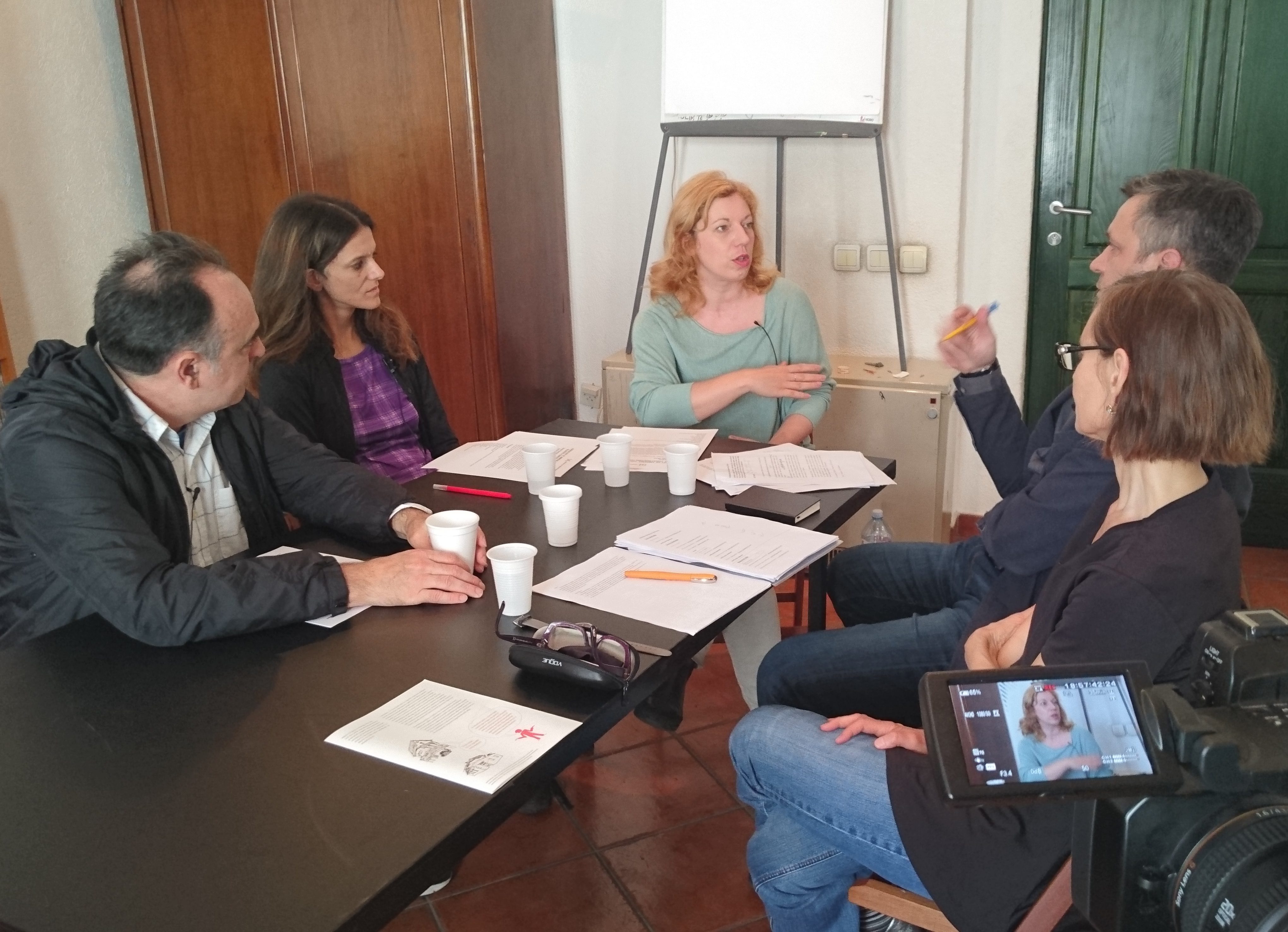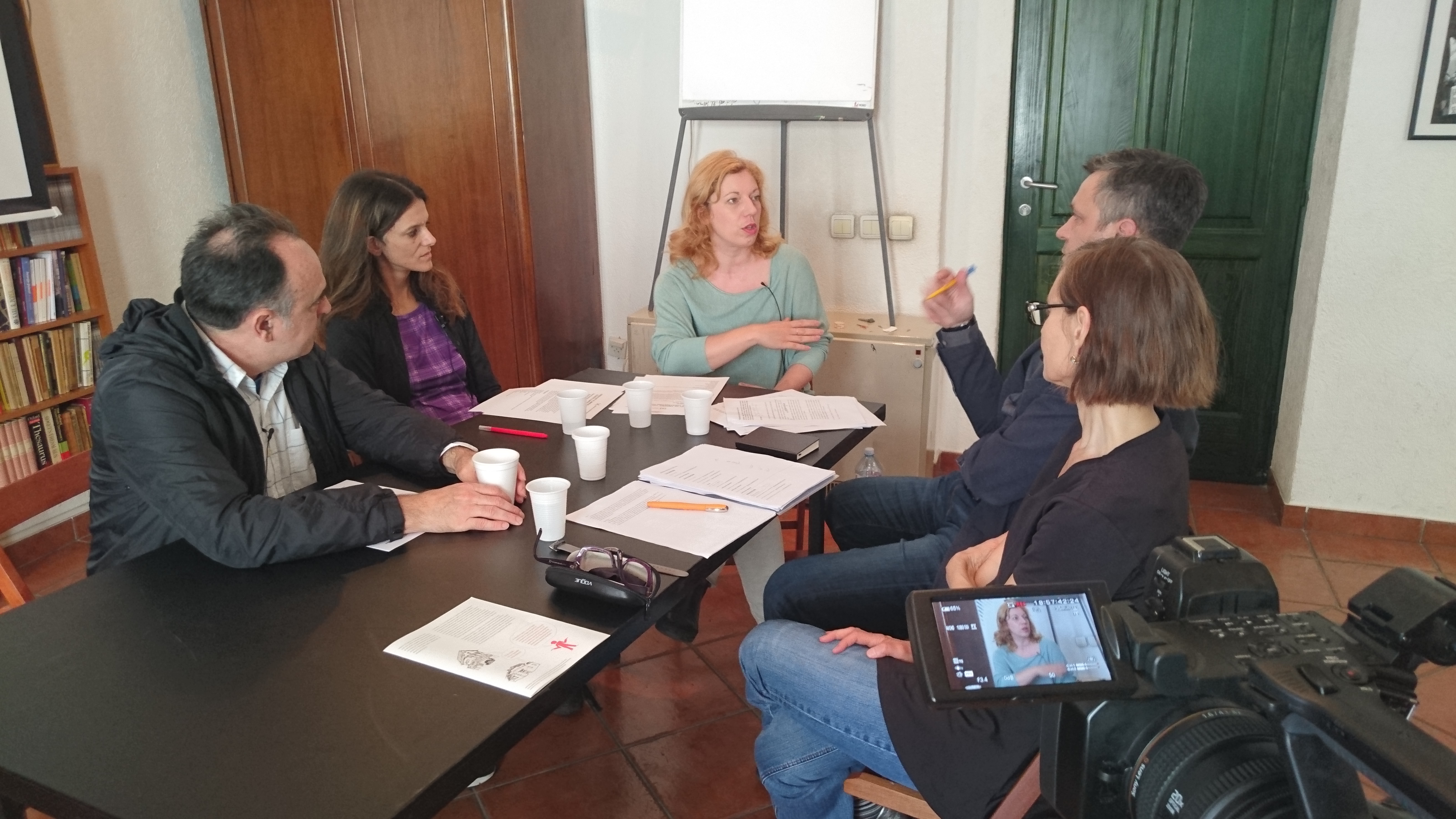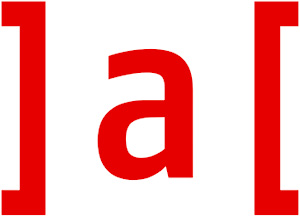Marina Grzinic and Adla Isanovic, Memory and History and the Act of De-Historicisation
June 28, 2018
Three-Day Conference in Sarajevo, Bosnia and Herzegovina, 27-29.6.2018,
Ruins, Remains, and Reconstructions
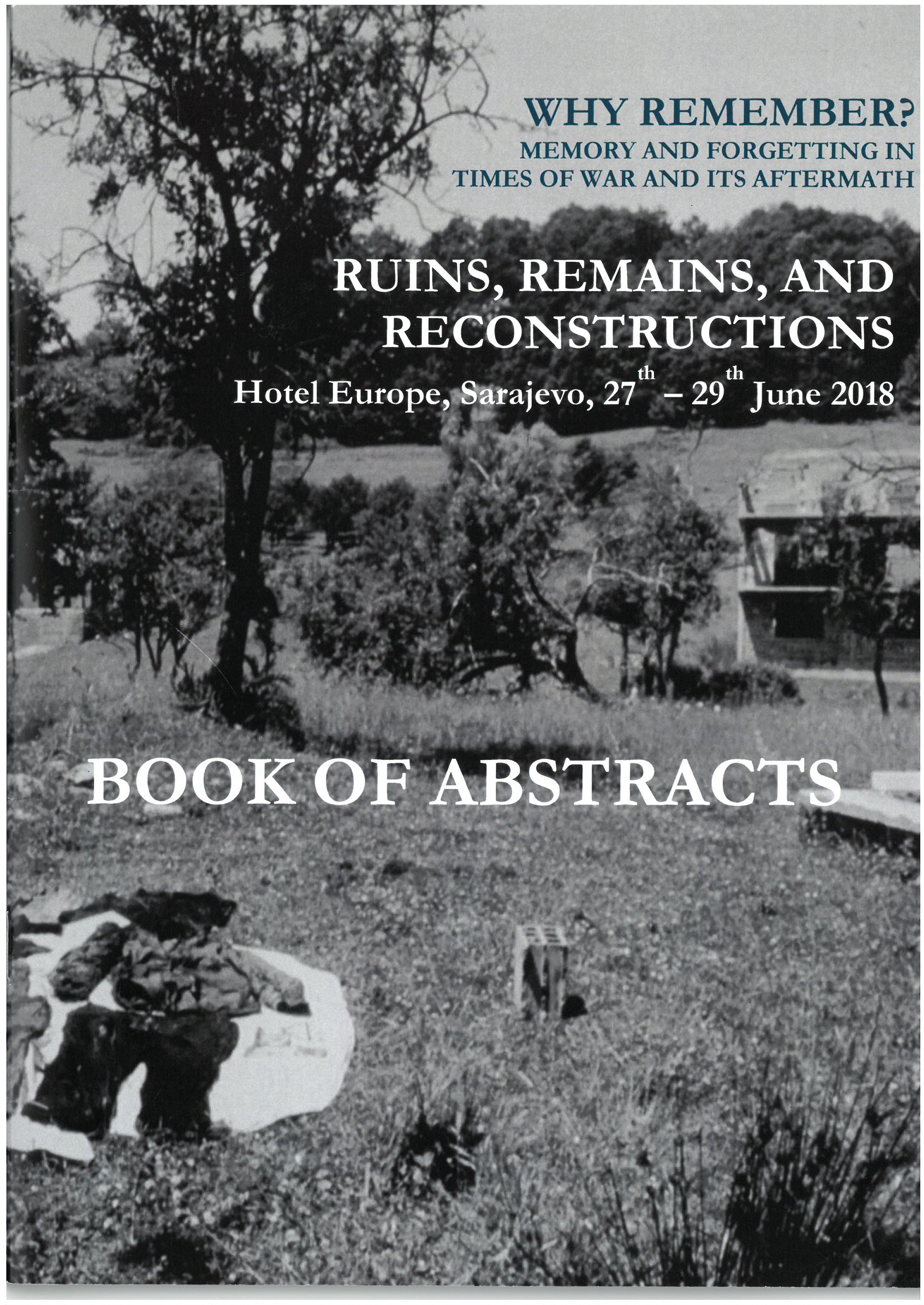
Lecture summary
In the time of neoliberal global necrocapitalism we are increasingly confronted with a political and social amnesia that profits from the forced erasure of the past producing more and more processes of de-historicisation and de-politicisation. Central to these processes is the logic of (neoliberal) repetition that produces at least two different procedures of de-historicisation. On one side we have the logic of the neoliberal Western world that works as a pure trans-historical machine, and on the other, in the regions of the (former) East and in the South of Europe as well as in the zone of “Western Balkan,” we detect forced techniques of embracing historicisation as totalization. In both cases the result is a suspension of history that works with a primary intention to dispose of any alternative within it! The idea of the lecture is therefore to provide at first the conceptualization of the main notions, to what will follow the elaboration of some selected examples. Through the analysis of examples these processes will be defined on a much wider scale in order to see their political, social and cultural consequences.
Therefore, after the first part elaborated by Grzinic, Isanovic will continue with critically reflecting on some concrete examples, such as the events organized to mark the centenary of the First World War in Sarajevo in 2014, in order to elaborate not only on silences about the past (such as the WWI, the 1990s’ war crimes and genocide in Bosnia and Herzegovina, etc.) and the misery of the present, but primarily, to contextualize and repoliticize current practices and forms of knowledge production and of visibility, both in relation to local specificities and global phenomena. This includes also a reflection on tactics of de-historicisation and humanitarianism. Therefore, such “exemplary” acts of remembering / forgetting are approached as a symptom of the effect of the current state of necrocapitalism, its practices of coloniality and racialization. More precisely, the dominant and systematic de-contextualization, de-historicisation and de-politicisation of racism, and cultures of remembrance, are in service of the normalization of death, the ongoing coloniality and growing fascist elements of politics that are at the core of the global neoliberal governmentality today.
The presentation will as well incorporate some new insights provided by the research project at the Academy of Fine Arts in Vienna with the title “Genealogy of Amnesia: Rethinking the Past for a New Future of Conviviality” (funded through the Programme for Arts-based Research (PEEK), inside the FWF, Austrian Science Fund, in the period from 2018 to 2020). Grzinic is the leading and Adla Isanovic is the affiliated researcher to this research project.
Marina Grzinic is a philosopher, theoretician and artist from Ljubljana, Slovenia. She serves as a professor and research adviser. Since 2003, she is Professor at the Academy of Fine Arts in Vienna, Austria. She publishes extensively, lectures worldwide, and is involved in videofilm productions since 1982. Selection of books: M. Grzinic and Rosa Reitsamer, New feminism: worlds of feminism, queer and networking conditions, Vienna: Löcker, 2008; M. Grzinic and Sefik Tatlic, Necropolitics, Racialization, and Global Capitalism. Historicization of Biopolitics and Forensics of Politics, Art, and Life, US: Lexington books, 2014; M. Grzinic, ed. Border Thinking, Academy of Fine Arts Vienna, Sternberg Press, 2018.http://grzinic-smid.si
Adla Isanović, is an artist and researcher who lives and works in Sarajevo. Currently, she is an associate professor at the Academy of Fine Arts of the University in Sarajevo, where she teaches multimedia. She holds a PhD from the Postgraduate School ZRC SAZU, Ljubljana, Slovenia (doctoral program Comparative Studies of Ideas and Cultures) where she finished her doctoral thesis on the theme of databases and art in the function of knowledge production in the digital age. She completed MA in “New Media” and MA in Research-Based Postgraduate Program “Critical, Curatorial, Cybermedia Studies” at the Geneva University of Arts and Design, Switzerland. She did her undergraduate studies at the Academy of Fine Arts of the University of Sarajevo. Her previous engagements include work as a researcher at Mediacentar Sarajevo, as well as being a visiting lecturer at the International University Sarajevo, the Academy of Performing Arts Sarajevo, the School of Arts of the University of Nova Gorica, Slovenia and Gray’s School of Art of the Robert Gordon University, Aberdeen, United Kingdom.
